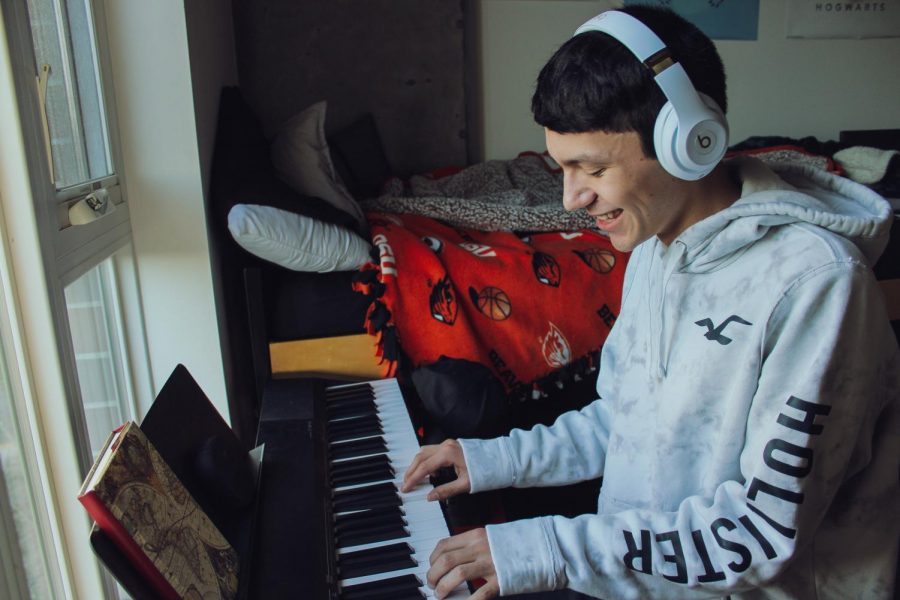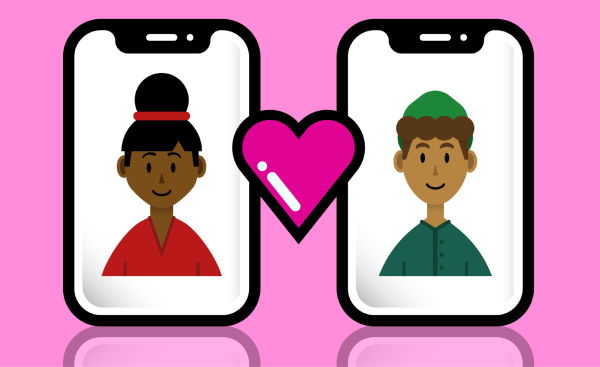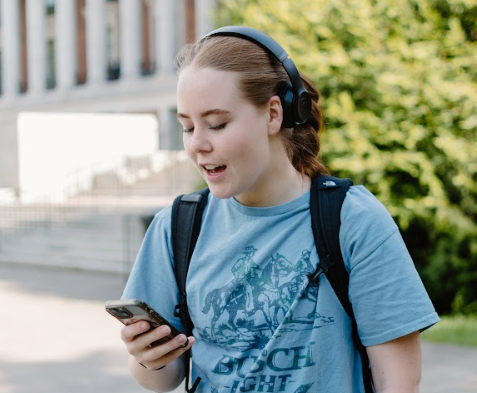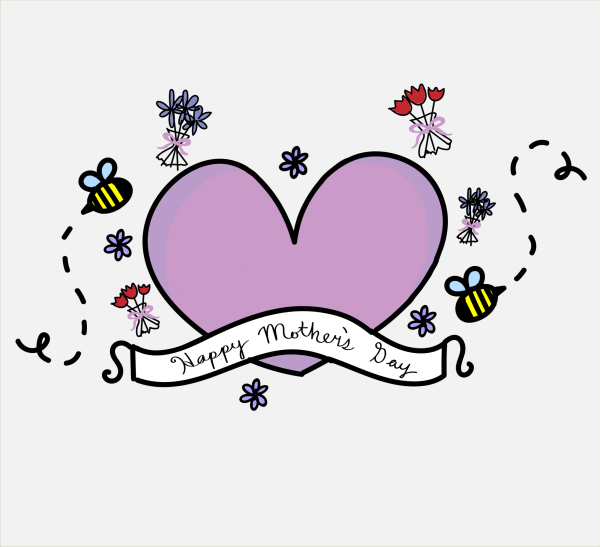Music therapy: A way to cope with mental health issues
February 20, 2019
There are many different ways to deal with mental health. Music therapy is one way that psychologists are helping patients improve their mental health. Music therapy is defined as the “clinical and evidence-based use of music interventions to accomplish individualized goals within a therapeutic relationship by a credentialed professional who has completed an approved music therapy program.” according the the American Music Therapy Association.
Anita Cservenka an assistant professor in the School of Psychological Science with a Ph.D. in Behavioral Neuroscience believes that music therapy is a treatment that helps with recovery, rehabilitation or alleviates symptoms of certain disorders through music listening or performance.
Music therapy can help with a variety of different mental disabilities. In “Music Therapy”by Michael H. Thaut and Barbara L. Wheeler, they mentioned some of the most popular illnesses music therapy can help with are Alzheimer’s/dementia, autism and speech-impairment. Thaut and Wheeler also mention how through recent brain research trials and neurobiology of music developments, “music can influence, shape and educate cognitive, affective and sensorimotor process in the brain that can also be transferred and generalized to non-musical brain functions within a therapeutic model.” Music connects to so many parts of our brains that it can help heal or teach parts of our brain to do things it couldn’t achieve before.
While music has a big impact on our brains, music therapy often is taken into personal definitions. AMTA explains how music therapy is a type of therapy, so it requires a therapist.
Music therapy is not “A person with Alzheimer’s listening to an iPod with headphones of his/her favorite songs.” Musical therapy requires a therapist connecting with a patient and then the therapist recommends treatment for the patient including music. There are also misconceptions that come with music therapy. AMTA talks about how a lot of people believe that music therapy only works for people with musical talent or only a specific type of music works for therapy, when in reality, music therapy is for anyone and the music recommended depends on what the therapist seems fit for the patient’s situation.
Many benefits arise from music therapy. According to the Peterson Family Foundation, a foundation that provides knowledge of how music therapy helps ill children, music therapy can help lower blood pressure, reduce heart rate, direct attention away from pain and anxieties, cue positive visual imagery and a variety of other health benefits.
Music therapy is one natural way to deal with mental disorders. But is music therapy better than medication? Cservenka described how the decision is patient dependent. “Some patients may benefit from pharmacological medication used in conjunction with music therapy, while others may see benefits from music therapy alone.” Every person is unique, so deciding what treatment is best depends on what they believe and their doctors/loved ones believe is best for their situation.
Studies have shown that music has more of an effect on the brain than what can be seen in plain sight. Music therapy can help so many people if given the chance. If you are dealing with any issues and want some help, take a look into seeing if music therapy is right for you.



















